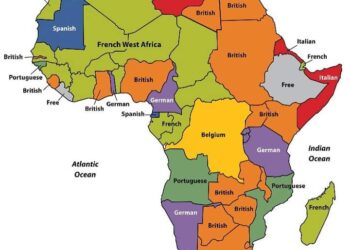A development economist and chairman of the board, Amaka Chiwuike-Uba Foundation (ACUF), Dr. Chiwuike Uba, has warned the federal government against increasing the minimum wage of Nigerian workers.
He said it could be calamitous and will worsen Nigeria’s current precarious fiscal situation.
In an exclusive interview with Blueprint in Abuja Tuesday, Uba said any wage increase will swallow up any “savings” that may result from the removal of subsidies and even lead to higher inflation and its attendant socio-economic consequences.
He said: “The debate on the removal of fuel subsidies should go beyond rhetoric on the pages of newspapers and WhatsApp groups. Personally, I’m concerned about the salary review that the president has allegedly proposed as part of the palliatives to the fuel subsidy removal.
“To be honest, this will only worsen Nigeria’s current precarious fiscal situation. Any wage increase will swallow up any “savings” that may result from the removal of subsidies and even lead to higher inflation and its attendant socio-economic consequences.
“This is compounded by the fact that over 70% of our annual budget is spent on recurring costs, including personnel and overhead costs. Consequently, 70% of Nigeria’s total budget goes to less than 5% of the country’s population, which are employed by the government.
“In addition, over 60% of capital expenditures are wasted through inefficiency and corruption by the same less than 5% of the population. The implication of this is that over 88% of Nigeria’s annual budget is spent (squandered) by 5% of the total population (including political appointees).
“In view of the above, it is important that instead of raising the minimum wage, investment in the social sectors, human capital and infrastructure development become a priority. They are important for creating the right and supportive business environment.
“The Nigerian labour union should therefore focus on getting the government to make the right investments to attract real investors. This could be done through dialogue or industrial action, not by the threat of a strike over the removal of the fuel
subsidy.
“Making Nigeria the destination of investment would ultimately lead to an increase in the demand for labour, resulting in higher wages. This is true if the demand for labour is greater than the supply of labour. Furthermore, as a policy, the government should determine wage increases on the basis of productivity and performance and not as a political tool.”




